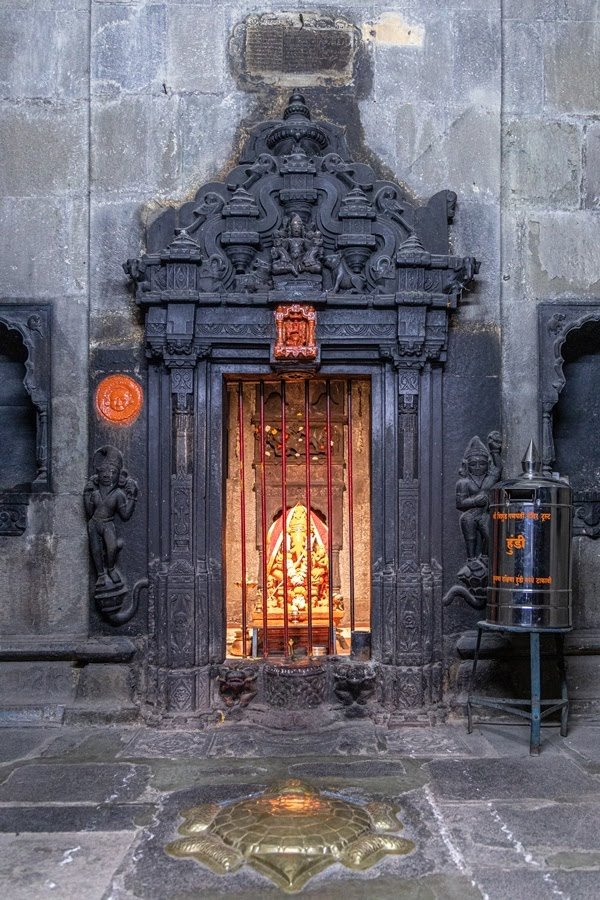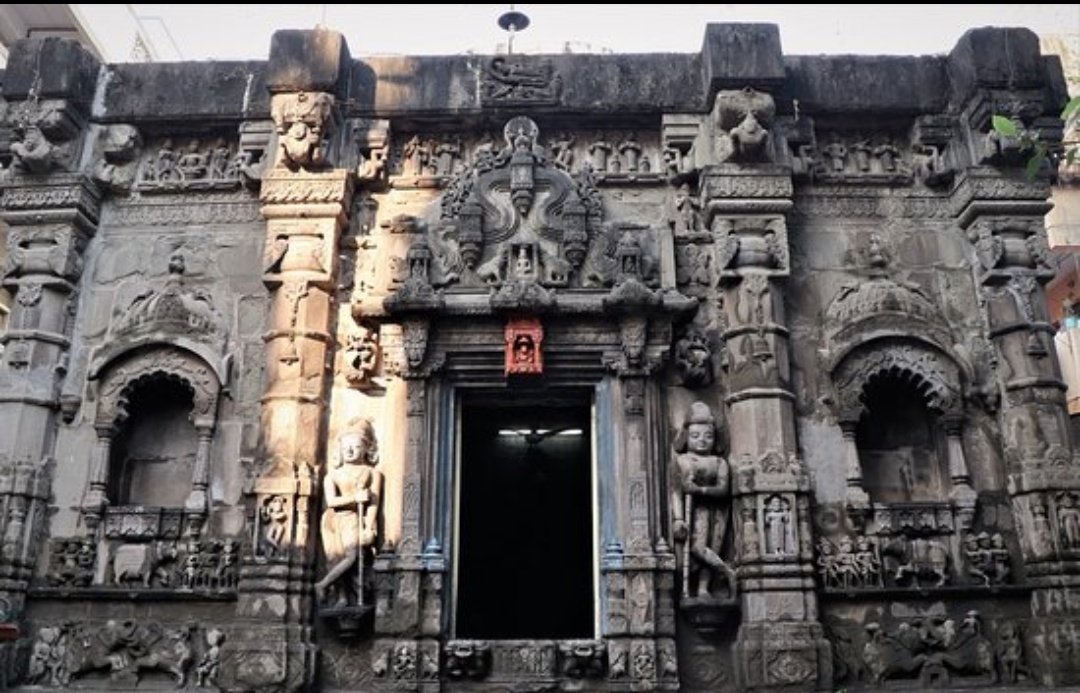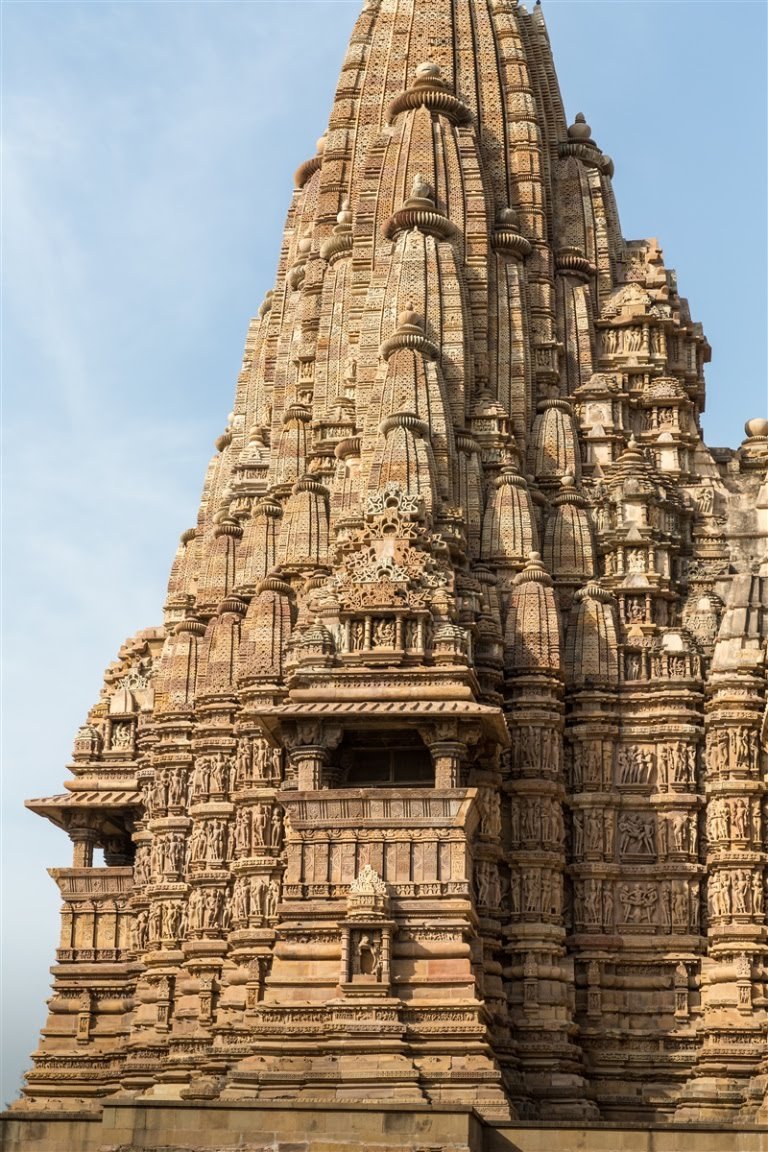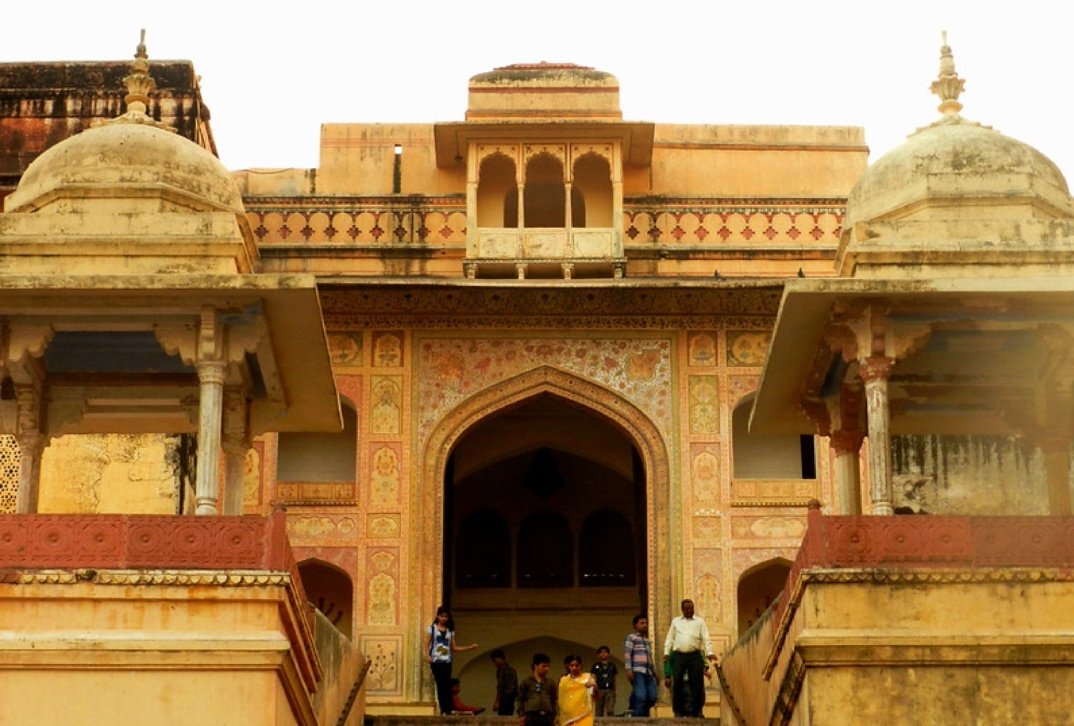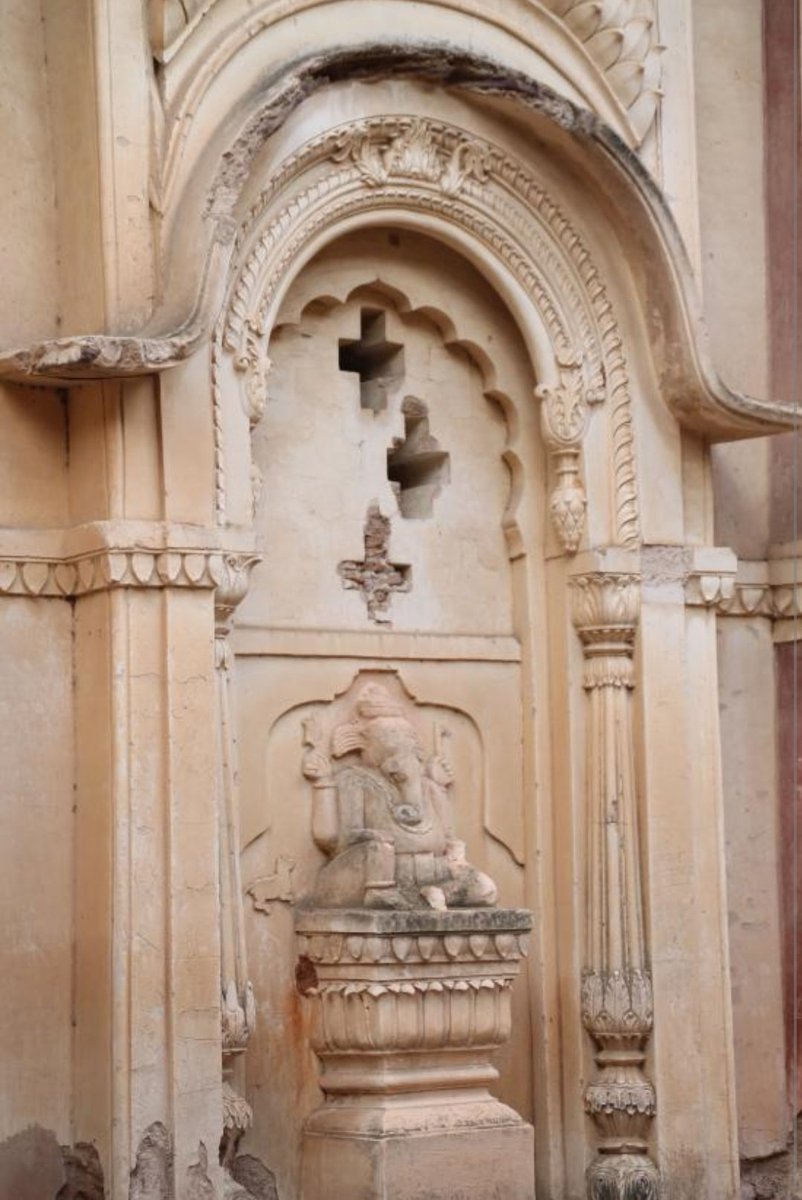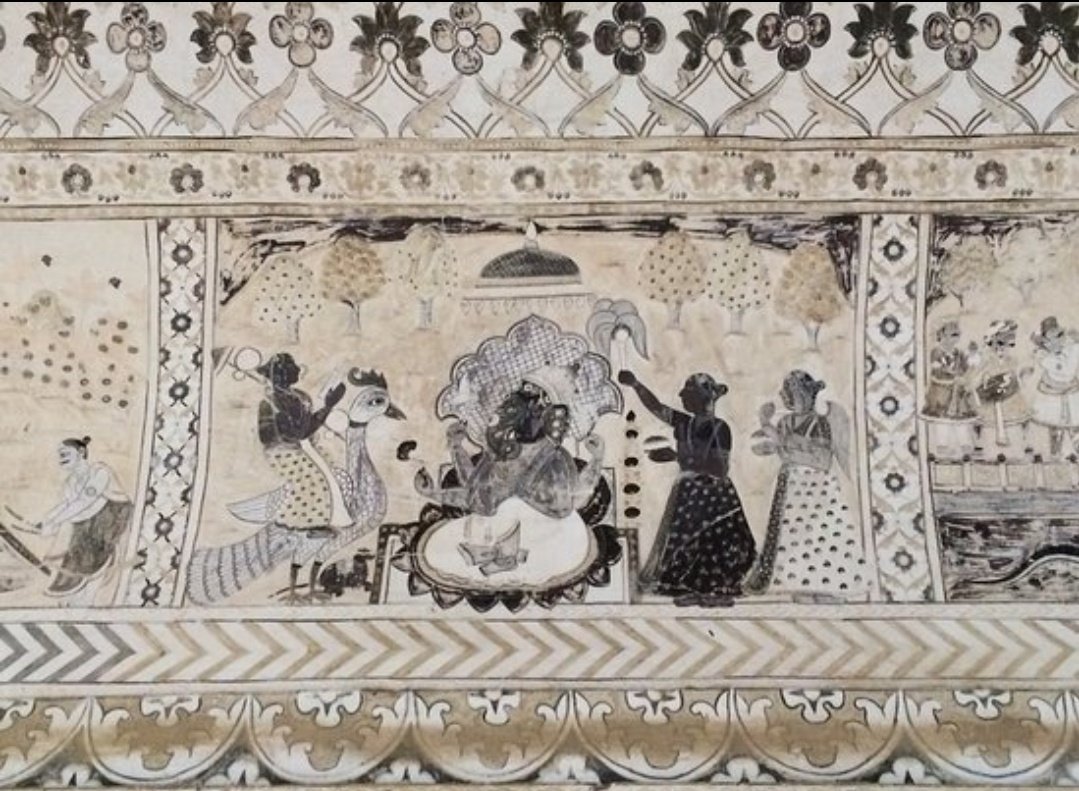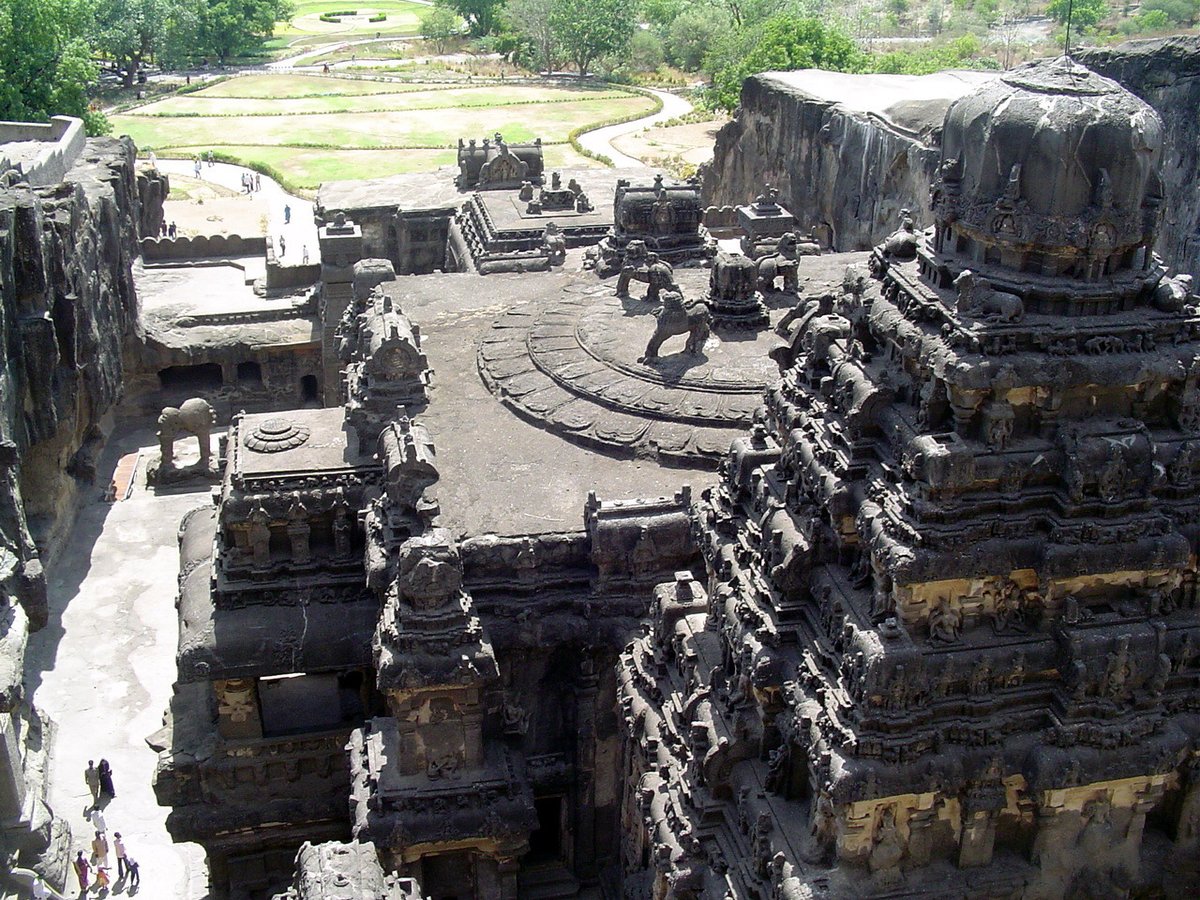Qutub Minar was the observation tower of an observatory set up by noted astronomist Varah Mihir much before the birth of Islam. It is estimated that this observatory was set up during 4th Century AD to 6th Century AD {m.facebook.com/story.php?stor…}
#HistoryEncyclopedia #हिंदू_धरोहर
#HistoryEncyclopedia #हिंदू_धरोहर

Arial view of the Tower is an
illustration of Astronomical Dial,
representing the Zodiac (Rashis) & Hours of the day to measure the time and position during movement of stars in different Zodiac Signs (Rashis). The
Astronomical Dial is also illustrated below.
2/2
#हिंदू_धरोहर
illustration of Astronomical Dial,
representing the Zodiac (Rashis) & Hours of the day to measure the time and position during movement of stars in different Zodiac Signs (Rashis). The
Astronomical Dial is also illustrated below.
2/2
#हिंदू_धरोहर

At either side of entrance (see the picture below) is stone lotus flower emblem which also proves that it was a Hindu building. The stone flowers are a very important sign of Hindu authorship. Look at 2nd pic (right) This is how Qutub Minar appears when viewed from the top.
3/3
3/3

📷1: Sun-Dial located in Complex.
📷2: Statues of Jain Tirthankaras embedded in a wall, which were part of destroyed Jain temples.
📷3: Bell & chain motif visible on Temple Columns & other
architectural pieces in complex.
📷4: Bell & Chain motif & Yaksha on temple columns.



📷2: Statues of Jain Tirthankaras embedded in a wall, which were part of destroyed Jain temples.
📷3: Bell & chain motif visible on Temple Columns & other
architectural pieces in complex.
📷4: Bell & Chain motif & Yaksha on temple columns.




The iron pillar is one of the world's foremost metallurgical curiosities. The pillar, 7.21-metre high and weighing more than six tonnes, was originally erected by Chandragupta II Vikramaditya and later shifted by Anangpal in 10th century CE from Udaygiri.
#HistoryEncyclopedia
#HistoryEncyclopedia

The iron pillar bears an inscription in Brahmi script dating 4th century AD, which indicates that the pillar was set up as a Vishnudhvaja, by King Chandra and celebrates his victories in battle and was dedicated to God Vishnu. 



A deep socket on the top of this ornate capital of iron pillar suggests that probably an image of Garuda was fixed into it. This was probably removed during Sultanate period.
#HistoryEncyclopedia #हिंदू_धरोहर #History
#HistoryEncyclopedia #हिंदू_धरोहर #History
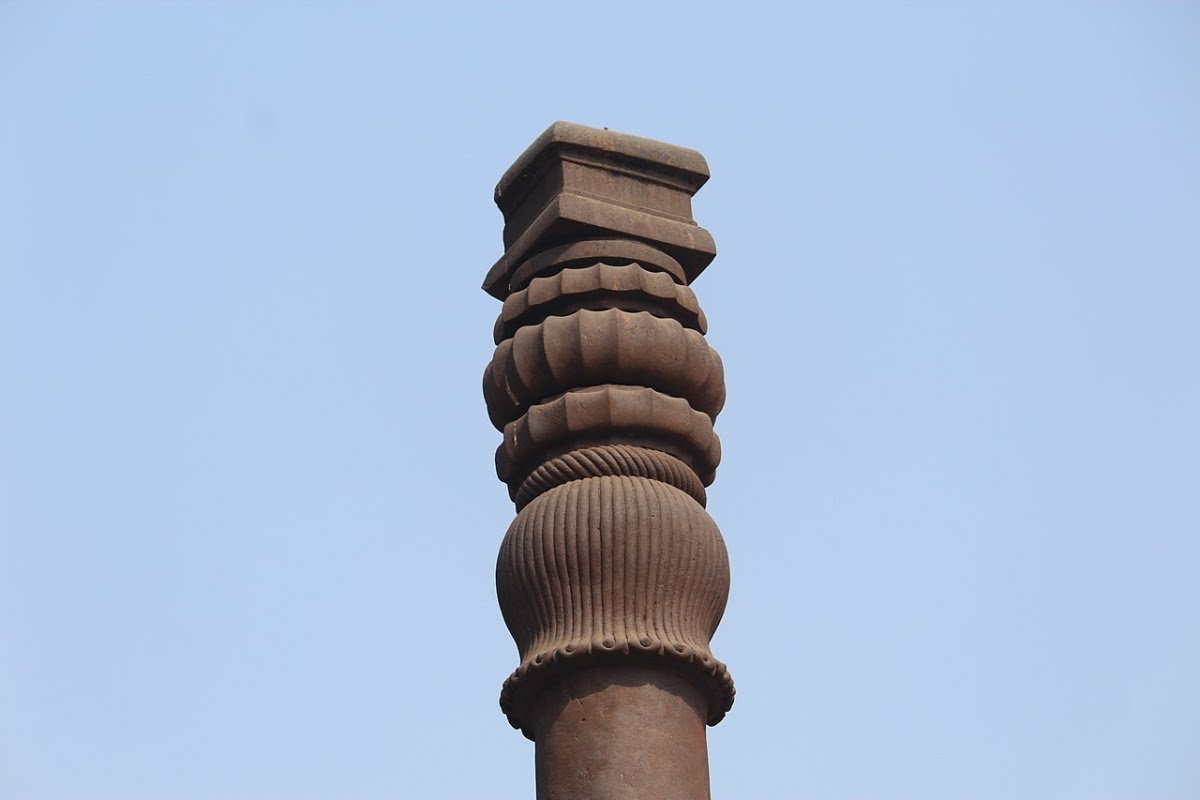
• • •
Missing some Tweet in this thread? You can try to
force a refresh



